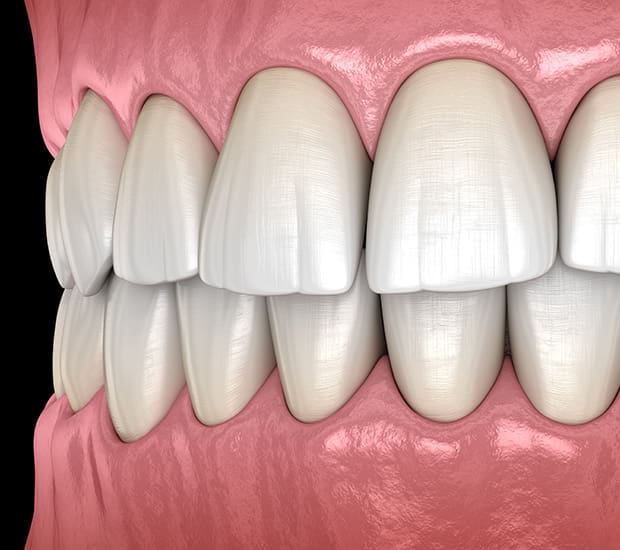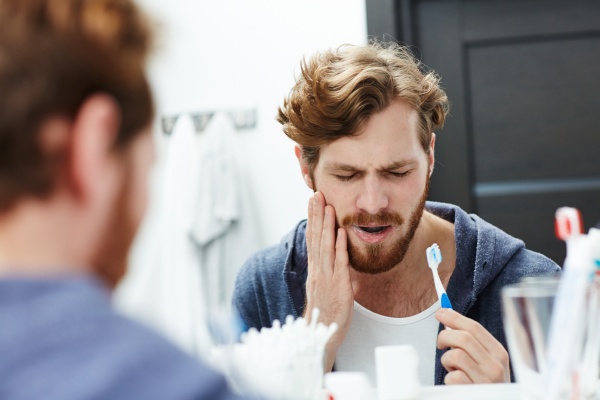OcclusionMiami, FL
Occlusion refers to the relationship, or contact, between your upper and lower teeth when they approach each other during chewing or rest.
Occlusion
Tooth decay, or dental caries, is caused by the bacterial breakdown of tooth enamel, the outermost layer of your teeth. Bacteria are found to break down foods and produce acid that destroys dental enamel. This breakdown of enamel then results in tooth decay.
Although largely preventable, dental caries is considered as one of the most common chronic diseases in children aged six to eleven years and adolescents aged twelve to nineteen years. Adults are also affected with nine out of ten over the age of twenty suffering from some extent of tooth-root caries.
How to prevent tooth decay
Ask Dr. Rita about supplemental fluoride regimens and about how sealants can help reduce the incidence of decay.
Proper occlusion is important for the long-term stability, function, and look of your smile. Malocclusion, or a “bad bite,” on the other hand, can be the cause of some health and dental problems.
Malocclusion, or problems with your bite, can be associated with crooked teeth, gum problems, issues with the TMJ and jaw muscles, and many other pathological situations. Some of these may include:

